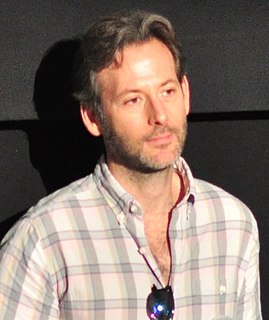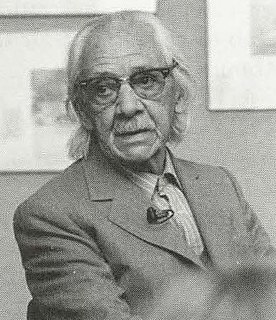A Quote by Jeffrey Eugenides
Jacques Derrida is a very important thinker and philosopher who has made serious contributions to both philosophy and literary criticism. Roland Barthes is the one I feel most affinity for, and Michel Foucault, well, his writing influenced my novel, 'Middlesex.'
Related Quotes
It's time for a recovery and reassessment of North American thinkers. Marshall McLuhan, Leslie Fiedler and Norman O. Brown are the linked triad I would substitute for Jacques Lacan, Jacques Derrida and Michel Foucault, whose work belongs to ravaged postwar Europe and whose ideas transfer poorly into the Anglo-American tradition.
I intend Deaths in Venice to contribute both to literary criticism and to philosophy. But it's not "strict philosophy" in the sense of arguing for specific theses. As I remark, there's a style of philosophy - present in writers from Plato to Rawls - that invites readers to consider a certain class of phenomena in a new way. In the book, I associate this, in particular, with my good friend, the eminent philosopher of science, Nancy Cartwright, who practices it extremely skilfully.
I guess both Nabokov and Popper had, in different ways, immunized me against the fashion for French-influenced literary theory in the '70s, '80s, and '90s - "immunized" in the sense that they made me no longer susceptible to this epidemic cultural virus. I looked into Derrida and found that he rarely seemed to be interested in truth; he was more interested in making a splash.
I have always taken as the standard of the mode of teaching and writing, not the abstract, particular, professional philosopher, but universal man, that I have regarded man as the criterion of truth, and not this or that founder of a system, and have from the first placed the highest excellence of the philosopher in this, that he abstains, both as a man and as an author, from the ostentation of philosophy, i. e., that he is a philosopher only in reality, not formally, that he is a quiet philosopher, not a loud and still less a brawling one.
D.H. Lawrence, I think, defined the difference between writing an article and writing a novel very well. He said, in writing a novel, the writer must be able to identify emotionally and intellectually with two or three or four contradicting perspectives and give each of them very a convincing voice. It's like playing tennis with yourself and you have to be on both sides of the yard. You have to be on both sides, or all sides if there are more than two sides.
My literary criticism has become less specifically academic. I was really writing literary history in The New Poetic, but my general practice of writing literary criticism is pretty much what it always has been. And there has always been a strong connection between being a writer - I feel as though I know what it feels like inside and I can say I've experienced similar problems and solutions from the inside. And I think that's a great advantage as a critic, because you know what the writer is feeling.







































